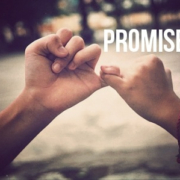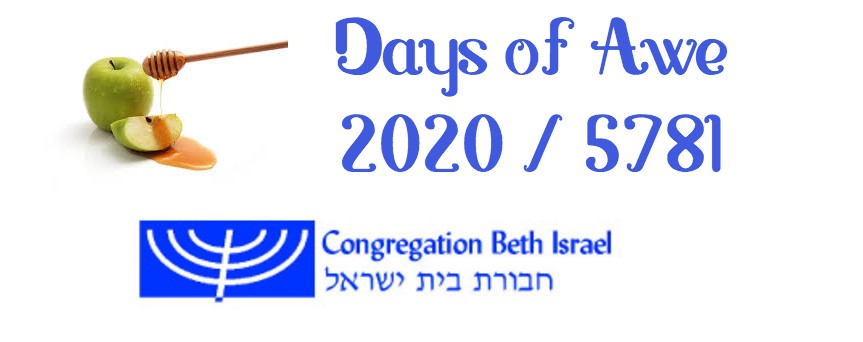
“…If a man makes a vow to God or takes an oath imposing an obligation on himself, he shall not break his pledge; he must carry out all that has crossed his lips…” (Numbers 30:3)
It’s like clockwork: every year we reach these verses at the start of Matot-Masei precisely as my high holiday preparations kick into high gear. It’s July. It’s summer. I want to be in the moment, not nine weeks from now. Because you know what’s exactly nine weeks from now? Rosh Hashanah.
And every year I spend all winter craving summer’s long light and vibrant blooms and exquisite produce and gentle warmth. I don’t want to rush ahead to the holidays or to fall or to school. And wow, that feels especially true during this pandemic year.
And yet.
And yet here comes Torah reminding me about vows and oaths and forgiveness. Whether or not I want to hit pause on time, the holidays are on their way. Whether or not I feel ready, the season of inner work is coming.
A vow: Rashi writes, “This is when one says, Behold, I take upon myself an obligation which is as sacred to me as an offering.” A vow is a commitment.
What vows do I make to the people in my life; to my family; to my loved ones; to my communities? What promises have I made to the community where I live and pray and celebrate and mourn? What commitments have I made to my nation, to the ideals of America, to liberty and justice for all?
What vows have I made, and am I living up to them?
Our Torah verses today distinguish between the vows made by a man, which automatically stand, and the vows made by a woman, which could be undone if her father or husband said so. Obviously that doesn’t sit well with us today. Here’s how I’ve come to understand those verses: when Torah says “woman” here, what it means is “someone who for one reason or another isn’t master of their own fate.”
It’s as if my ten year old promised a friend something that wasn’t his to promise — “I’ll have a Zoom playdate with you at 11pm!” I would need to gently tell him, kiddo, you can’t have playdates at 11pm, you have to be in bed then. And if he said, “But I promised!” I would have to tell him, “That wasn’t your decision to make.”
I don’t love the fact that in antiquity, women had as little control over their circumstance as does my child now. And, that’s what it was. Today, if one partner exercised that kind of control over another, we would call that coercive and unhealthy.
Setting the gender piece aside: if a person makes a vow to God, or takes on an obligation, then we’re supposed to live up to it. Sounds simple, right?
In just over ten weeks we’ll stand together at Yom Kippur and take a good long look at ourselves and our souls and our choices. Are we living up to our promises? Because if not, now is the time to try to do better. Not just so we can stand before God on Yom Kippur with an easy heart… but because living up to our commitments and our values is what Judaism asks of us.
What promises have we made to each other, to our communities, to God? And are we living up to them? And if not, can we start now?
Because nine weeks from tomorrow I’ll be singing the words from Mary Oliver that we always hear on the second day of Rosh Hashanah, from her poem about the goldfinches: “Believe us, it is a serious thing just to be alive on this fresh morning in the broken world.”
It is a serious thing just to be alive on this fresh morning in the broken world. May the promises we make — and the promises we keep! — help to bring about repair, speedily and soon. Shabbat shalom.
This is the d’varling that Rabbi Rachel offered at CBI’s Zoom Shabbat morning services (cross-posted to Velveteen Rabbi.)






